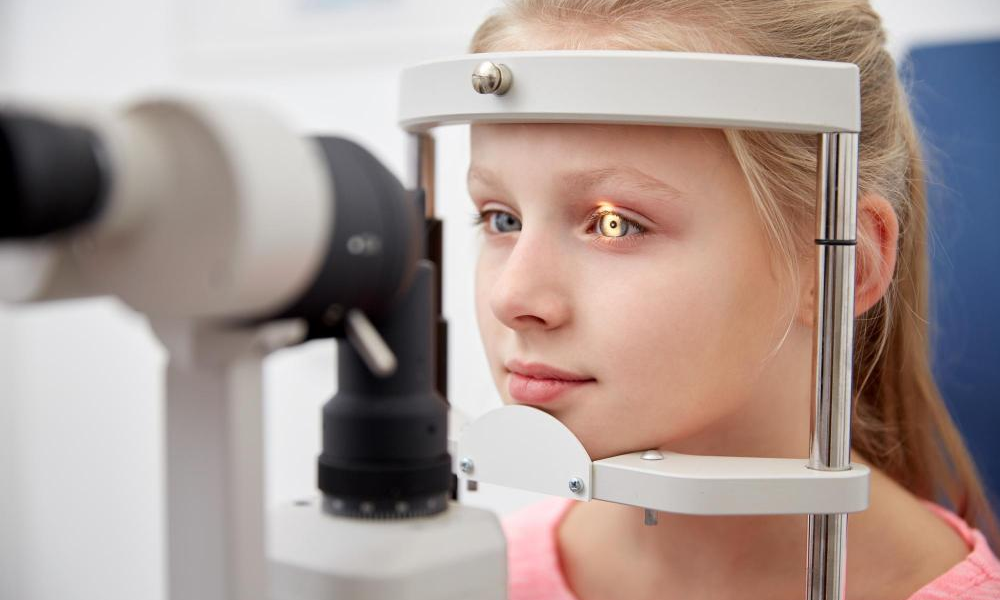In present times, when children are more glued to the television rather than the books, eye problems at an early age is common. Tired eyes, itchy eyes and the problem of dry eyes can catch up to them with so much time being spent looking at mobile and computer screens. That is why parents need to be cautious about how much they are allowing their children to get exposed to such mediums. Despite all the measures taken to keep them away from the digital media, there are quite a good number of children who are subjected to eye problems. There in comes the need to take children for walk in eye exams while still there is time. Routine eye exam are useful in pointing out the issues at the very onset so that parents can be careful.
Children seldom could understand that they are having problems with their vision. When they complain of some problem, make sure that as parents you are not overlooking them. Take them to an eye doctor and opt for a detailed eye exam. Vision problems in children can interfere with their performance in school and also complete well-being.
Walk-in eye exams at regular intervals are also vital for children if they use their following visual skills for optimal learning:
- Precise and comfortable eye teaming skills
- Eye movement skills
- Visual Acuity at all distances
- Comfortable focusing skills
Keeping all this mind, parents should make it a point to take their children for eye exams from a very early age. It is advisable for the comprehensive eye exam to take place at 6 months of age. If not, then the first eye exam should take at the age of three and then again when they are just about to start their first grade. Parents should keep in mind that once their children begin school, then they should visit the eye doctor at least every two years. If they are prescribed eyeglasses, then it is better to schedule eye exams annually.
What Do Parents Need to Convey to the Doctors
While taking the children to the doctor, make sure that as parents you are highlighting the following issues:
- Delayed motor development
- Rubbing the eyes frequently
- Blinking excessively
- Difficulty in maintaining eye contact
- Poor eye tracking skills
- History of failed vision screening
At the same time, be sure to share details of previous eye issues and treatments or surgeries. Also, don’t forget to mention whether they wear glasses or contact lens and if there is any family history of strabismus, amblyopia or refractive errors.
If you are parents to infants, then as parents you have to be extra careful. As they approach six months of age, they should be focusing on color vision, and depth perception. There are a few tests to check whether your infant can see properly:
Fixate and Follow- This test helps to determine whether the baby’s eyes are able to fixate on and follow an object when it moves.
Pupil test– This test helps to evaluate whether the pupil of the eyes opens and closes properly in the presence or absence of light.
Preferential looking– This involves using cards that are blank on one side and have stripes on the other side to attract the attention of the infants to the stripes.
Children are never able to pose their problems easily. Parents need to be always on the guard to look out for any issues with their children, especially when it is related to the eyes.




